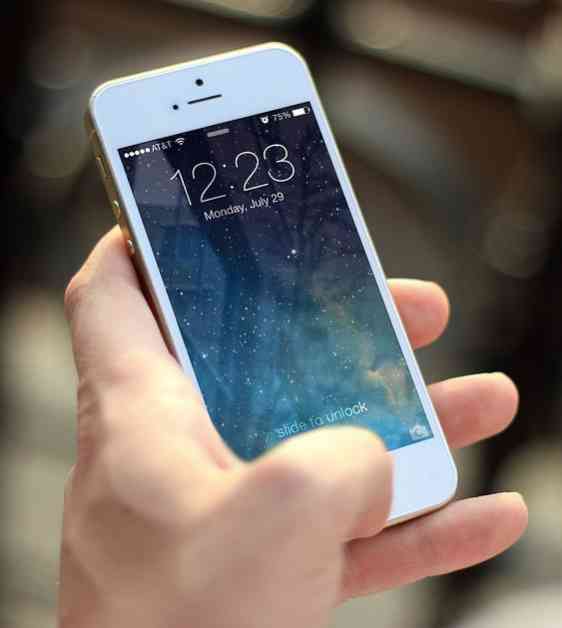Iowa Senate Advances Bill to Ban Cell Phone Use in Schools
In a recent development, the Iowa Senate has given the green light to a proposal put forth by the governor to prohibit students from using cell phones during class time. This move marks a significant step towards fostering a more focused and productive learning environment in schools across the state.
Under the proposed bill, school districts in Iowa would be required to establish clear policies regarding cell phone usage by the commencement of the upcoming school year. Additionally, 6th, 7th, and 8th graders would undergo educational programs to understand the impact of social media as part of the legislation.
Dave Daughton, a lobbyist representing the School Administrators of Iowa and Rural School Advocates, emphasized the importance of state officials providing sample policies and professional development opportunities to support schools in effectively implementing the new regulations. Daughton highlighted past instances where schools had to backtrack and revise their approaches due to a lack of guidance and resources after the fact.
“It’s crucial that schools receive the necessary tools and support to navigate this transition smoothly,” Daughton remarked. “We’ve seen the pitfalls of forging ahead without a clear roadmap in the past, and we want to avoid repeating those mistakes.”
The bill also includes provisions for schools to grant exemptions to students with specific health conditions or disabilities that necessitate the use of personal electronic devices in the classroom. This compassionate approach ensures that all students have equal access to educational resources while maintaining a balanced approach to technology use within school premises.
Expert Insights on Cell Phone Use in Schools
Impact on Student Engagement and Academic Performance
Educators and researchers alike have long debated the effects of cell phone use on student engagement and academic performance. While technology can undoubtedly enhance learning opportunities, excessive screen time and distractions posed by cell phones can hinder students’ ability to focus and participate actively in classroom activities.
Dr. Sarah Reynolds, an expert in educational psychology, notes, “It’s essential for schools to strike a balance between leveraging technology for educational purposes and minimizing disruptions caused by excessive cell phone use. Clear policies and guidelines can help create a conducive learning environment that promotes student success.”
Addressing the Challenges of Social Media
With the proliferation of social media platforms, students today face unprecedented challenges in navigating online interactions and managing their digital footprint. By incorporating education on the impacts of social media into the curriculum, schools aim to equip students with the critical thinking skills needed to engage responsibly in the digital age.
Dr. Michael Chan, a social media researcher, observes, “Teaching students about the effects of social media can empower them to make informed decisions about their online behavior. By fostering digital literacy and promoting positive online habits, schools play a crucial role in shaping responsible digital citizens.”
As the bill progresses through the legislative process, stakeholders continue to engage in discussions about the implications of restricting cell phone use in schools. By prioritizing student well-being and academic success, policymakers seek to create a supportive learning environment that balances the benefits of technology with the importance of focused classroom engagement.









